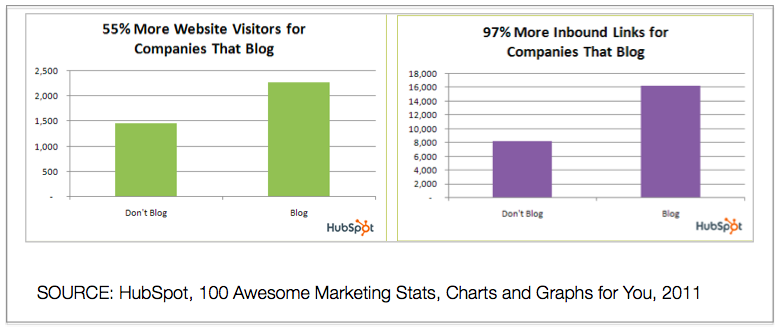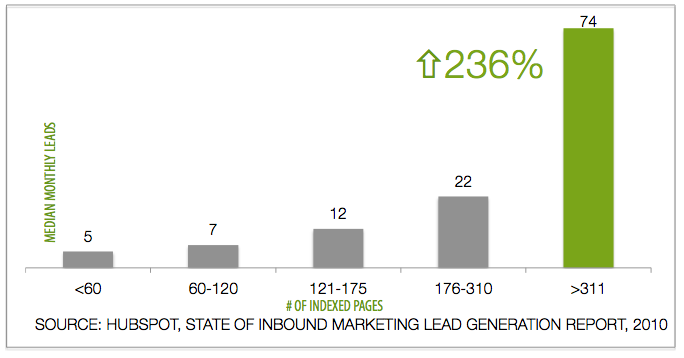Do you have a social media strategy in place that bolsters your inbound marketing plan?
You might have some social pages and accounts meant for brand communities, but what is your social strategy doing to actually generate some leads and lure target audiences into your sales funnel? You need a winning social media strategy to take full advantage of your network for your inbound marketing. Here are a few helpful reminders of what that strategy should look like.





